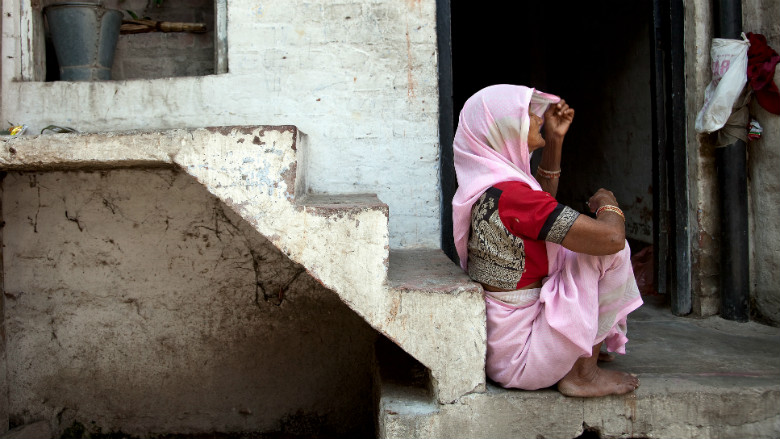Programs that induce citizen participation to improve the quality of government at the local level are the subjects of large amounts of funding and intense debate. This paper combines a randomized control trial of a citizenship training and facilitation program in rural India, with an in-depth, four-year, ethnography of the intervention to understand the underlying mechanisms of change.
The quantitative data show no impact from the intervention. Household and village survey data from 100 treatment and 100 control villages show considerable improvement across a wide variety of governance and participation indicators over time, but the differences in the changes between treatment and control villages are not statistically significant. The detailed qualitative data from a ten per cent subsample allow us to unpack the reasons why the intervention “failed” highlighting the role of variations in the quality of facilitation, lack of top-down support, and difficulties with confronting the stubborn challenge of persistent inequality.
However, the qualitative investigation also uncovered subtle treatment effects that are difficult to observe in structured surveys. The paper thus demonstrates that a concerted effort to use ‘thick description” to uncover process of change using careful and detailed qualitative work can add value to standard impact evaluations.
